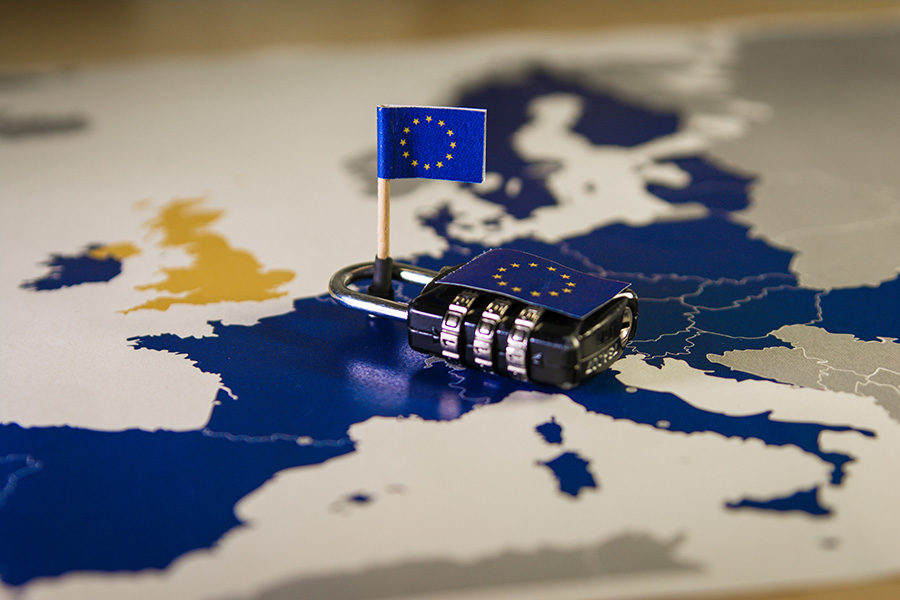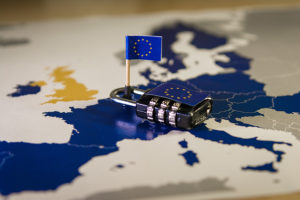EU warns of requirements for enhanced due diligence measures

The EU has added the igaming hub of Gibraltar to its list of “high-risk nations”.
Belgium.- The European Union (EU) has reminded regulators and trade bodies that businesses must conduct “enhanced due diligence measures” on financial transactions with “high-risk nations”. The warning comes after the European Commission (EC) updated its protocols for countries identified as high-risk due to deficiencies in anti-money laundering (AML) and terrorist financing.
It noted that gambling is classed as a high-risk sector along with banking and insurance. Gambling businesses are thus required to apply enhanced vigilance of “relationships and transactions involving high-risk third countries”.
The updated list of high-risk jurisdictions with strategic deficiencies in AML/CFT now includes Gibraltar, a major hub for online gambling businesses. It has been added to the list this month following its inclusion in the G7 Financial Action Task Force’s (FATF) grey list of jurisdictions last year.
The EC list recognises FATF’s assessments as a criterion for evaluation but also performs its own autonomous assessment of nations considering eight key areas in tackling financial crime. Gibraltar currently licences 45 gambling businesses, while there are around 2,000 people working in the gambling sector on the rock.
It joins Afghanistan, Barbados, Burkina Faso, Cambodia, Cayman Islands, Democratic Republic of Congo, Gibraltar, Haiti, Iran, Jamaica, Jordan, Mali, Morocco, Mozambique, Myanmar, Democratic People’s Republic of Korea, Panama, Philippines, Senegal, South Sudan, Syria, Tanzania, Trinidad and Tobago, Uganda, Vanuatu, United Arab Emirates and Yemen.
EGBA publishes new anti-money laundering guidelines for online gaming
Earlier this month, the European Gaming and Betting Association (EGBA) published its first pan-European guidelines for online gaming operators. The guidelines aim to ensure that operators apply strict compliance with European Union anti-money laundering (AML) rules.
The EGBA says the guidelines have been reviewed and revised by top anti-money laundering (AML) compliance experts and reflect the latest technologies and laws, building upon its commitment to promoting the highest level of industry responsibility in AML.









